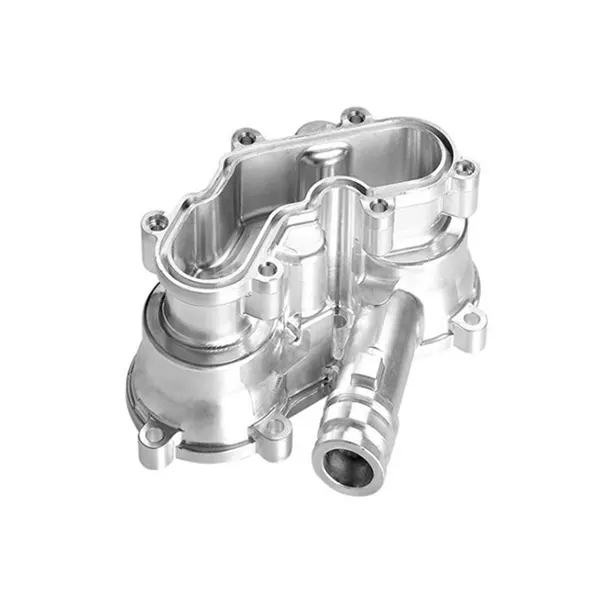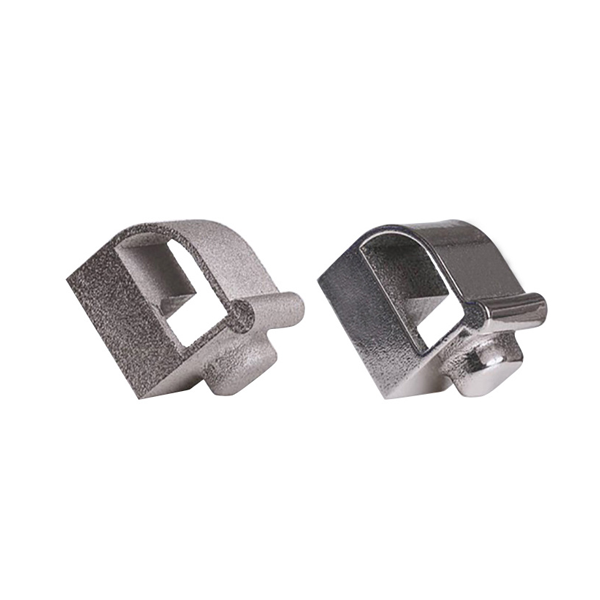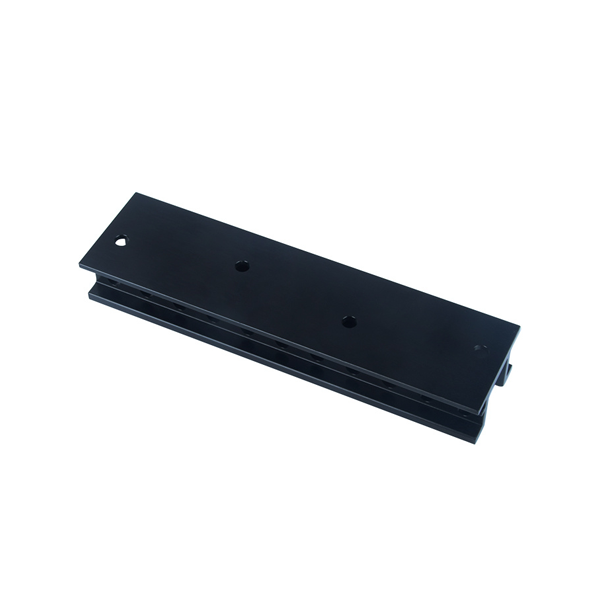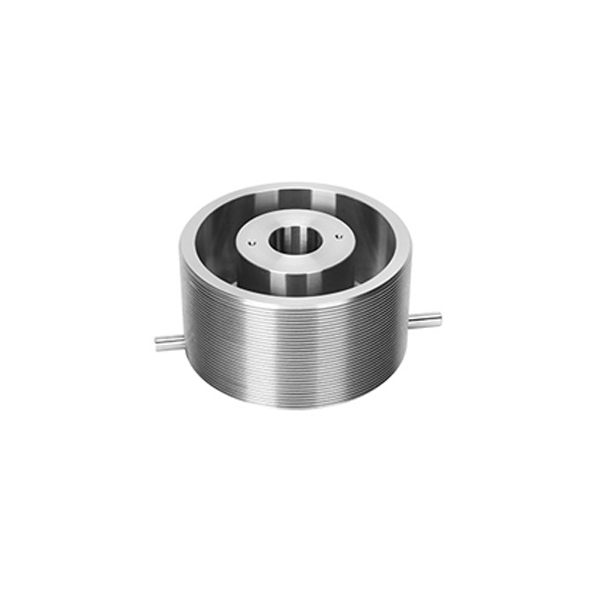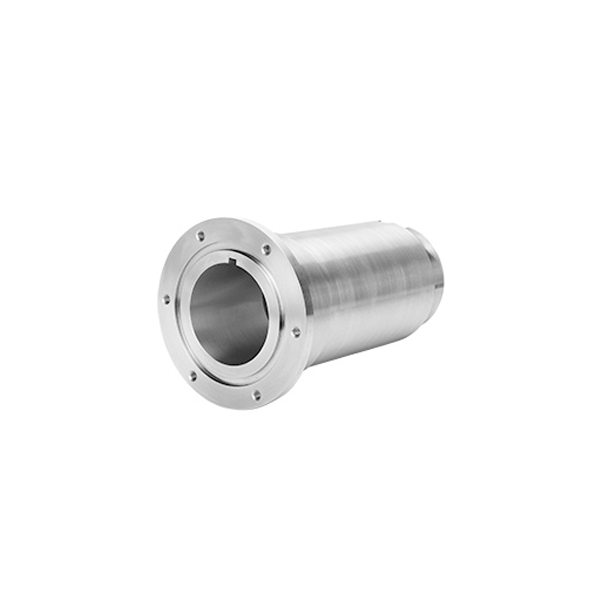GD Prototyping

CNC Machined Aluminum Parts
-
Processing Accuracy: ±0.005 mm tolerance
-
Axis Configuration: 3-axis, 4-axis, and 5-axis CNC machining
-
Surface Roughness: Fine industrial-grade finishing
-
Material Grades: 6061, 7075, 2024, and other aluminium alloys
-
Batch Sizes: Single prototypes to mass production runs
-
Finishing Options: Anodizing, powder coating, bead blasting, polishing
- Description
- Specification
- Application
- FAQS
Aluminum offers an excellent strength-to-weight ratio and strong corrosion resistance, which makes it a popular choice in the automotive industry. You can use this material for various car parts, including engine components, structural frames, transmissions, body panels, lighting housings, and support brackets. Its lightweight properties help reduce overall vehicle weight, improving fuel efficiency and handling.
CNC machining allows you to create aluminium parts with high precision and consistent accuracy. When producing CNC aluminium parts, you start with a digital CAD model and feed it into a CNC machine. The machine then follows the programmed instructions to cut and shape the aluminum block into the required form. By controlling every movement, you can ensure each part meets tight dimensional tolerances and provides excellent surface finish.
Using CNC technology, you can easily produce parts with complex geometries. This flexibility makes CNC aluminium parts a good fit for projects that require detailed structures or customized designs. Whether you're working on engine covers, brackets, or custom transmission housings, CNC machining gives you control over the entire manufacturing process.
You also benefit from the ability to change designs quickly without retooling. This supports fast iterations, especially useful during product development or small-batch production. If you need to test multiple versions or make quick design adjustments, CNC machining helps keep the process efficient.
Different aluminium alloys give you options to balance strength, weight, machinability, and corrosion resistance. You can select the most suitable alloy depending on the mechanical or environmental demands of your application. CNC aluminium parts perform well in high-stress environments like automotive and aerospace systems, while still offering a clean, finished look suitable for consumer-facing products.
By integrating CNC machining into your workflow, you gain speed, precision, and repeatability—all while maintaining flexibility in both design and material choice.
| Parameter | Value / Description |
|---|---|
| Material | Aluminum |
| Strength-to-weight Ratio | Excellent |
| Corrosion Resistance | Superior |
-
Automotive: Engine housings, brackets, heat sinks, and performance components.
-
Aerospace: Lightweight structural parts, enclosures, and fittings.
-
Medical: Precision housings, surgical tools, and biocompatible devices.
-
Electronics: Device casings, connectors, and heat-dissipation parts.
-
Consumer Products: High-end enclosures, fixtures, and custom accessories.
-
Industrial Equipment: Durable, corrosion-resistant machinery components.
Q: Which aluminum alloys do you machine?
A: We work with 6061-T6, 6063-T5, 7075-T6, 2024-T4, 5083-H111, and cast aluminum alloys like A356 and A380, selected based on strength, corrosion resistance, and application requirements.
Q: What surface finishes are available for aluminum parts?
A: Options include as-machined, bead blasting, anodizing (clear, black, colored), powder coating, chromate conversion, and polishing to mirror finish.
Q: Can you achieve tight tolerances with aluminum?
A: Yes, we routinely achieve ±0.025mm (±0.001") tolerances, with capabilities down to ±0.005mm (±0.0002") for critical dimensions using temperature-controlled machining.
Q: How do you prevent aluminum from work hardening during machining?
A: We use optimized cutting parameters, sharp tooling, proper coolant application, and controlled feed rates to minimize work hardening and maintain material properties.
Q: Do you offer rapid prototyping for aluminum parts?
A: Absolutely. Simple aluminum parts can be completed within 24-48 hours, with expedited services available for urgent requirements.

